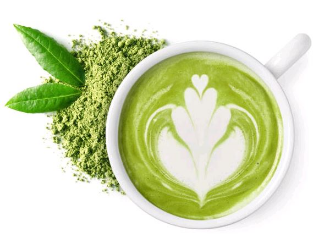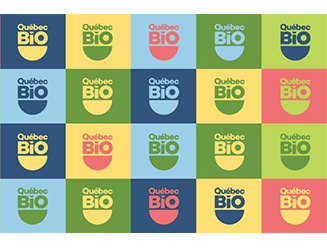Yeast has played an essential role in our diet for thousands of years. It is the essential ingredient for making bread, beer and many other products. In recent years, a new type of yeast has come to the market. This is nutritional yeast, in the form of flakes. It is similar to baker’s yeast, but the heating and drying process makes it inactive.
Nutritional yeast is dairy and gluten free (check the label, however). It contains little fat, and no sugar or soy. It is therefore a useful supplement for people with allergies or food sensitivities, as well as for those who follow a restricted diet. However, this yeast is not recommended for people with inflammatory bowel disease, glaucoma, yeast allergies, or hypertension.
Nutritional yeast is an excellent source of protein, fiber, vitamins B1, B2, B6, B12, and B3, as well as potassium, calcium, and iron. Here are some good reasons to include it in your diet.
Increase energy
A vitamin B12 intake helps limit the risk of deficiencies, which lead to weakness and fatigue. Nutritional yeast is especially useful for vegetarians and vegans, as vitamin B12 is mostly found in animal products.
Strengthen the immune system
Research has shown that the strain of yeast used for nutritional yeast helps strengthen the immune system. It would reduce inflammation resulting from bacterial infections. It is also useful for treating diarrhea.
For skin, hair and nails
Some studies suggest that yeast helps limit brittle nails and hair loss. It can also help reduce acne and improve other common skin problems, especially in the teenage years.
Promote a healthy pregnancy
Healthcare professionals recommend that all women who are pregnant or planning to become pregnant consume folic acid daily to prevent birth defects and thus promote fetal growth. Nutritional yeast contains folic acid, and is a great supplement for pregnant women. Talk to your doctor to avoid overdosage.
Source (in French) : https://www.santemagazine.fr/alimentation/aliments-et-sante/4-bonnes-raisons-de-manger-de-la-levure-334250





